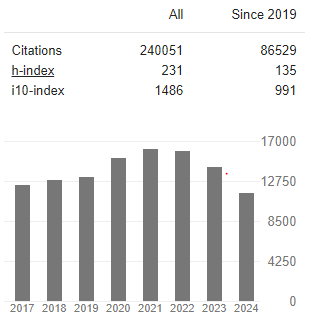Survival and quality of life following pancreaticoduodenectomy for pancreatic ductal adenocarcinoma
Abstract
Thomas B Russell, Peter L Labib, Somaiah Aroori
Pancreatic ductal adenocarcinoma (PDAC) most commonly affects the head of the pancreas. This condition has a dismal prognosis. Patients with early disease may be candidates for pancreaticoduodenectomy (PD). This is a high-risk operation which is associated with considerable morbidity. Whilst perioperative mortality rates have fallen in recent times, the risk remains significant and long-term survival is poor, even in those who make an uncomplicated recovery. Furthermore, PD is known to affect quality of life (QoL) negatively. Most studies suggest it takes up to six months before a patient’s QoL returns to baseline. This is a considerable amount of time for a patient who is unlikely to achieve long-term survival. This short review discusses the recent literature surrounding mortality rates, long-term survival and QoL following PD for PDAC. A comprehensive understanding of these topics will allow clinicians and patients to consider the risks and benefits before surgical resection is considered.



